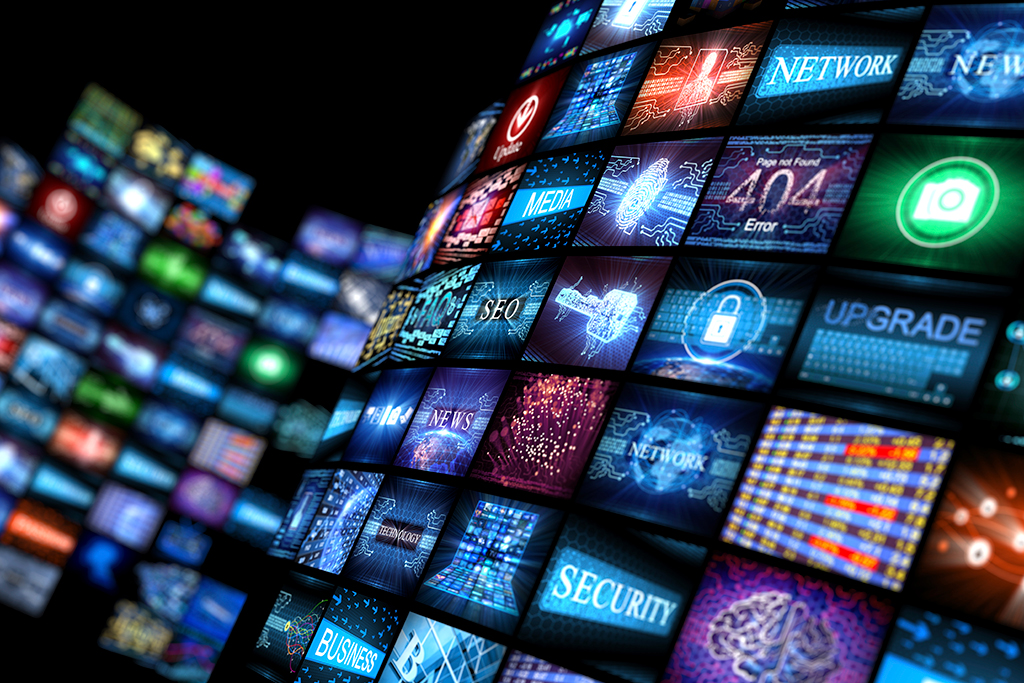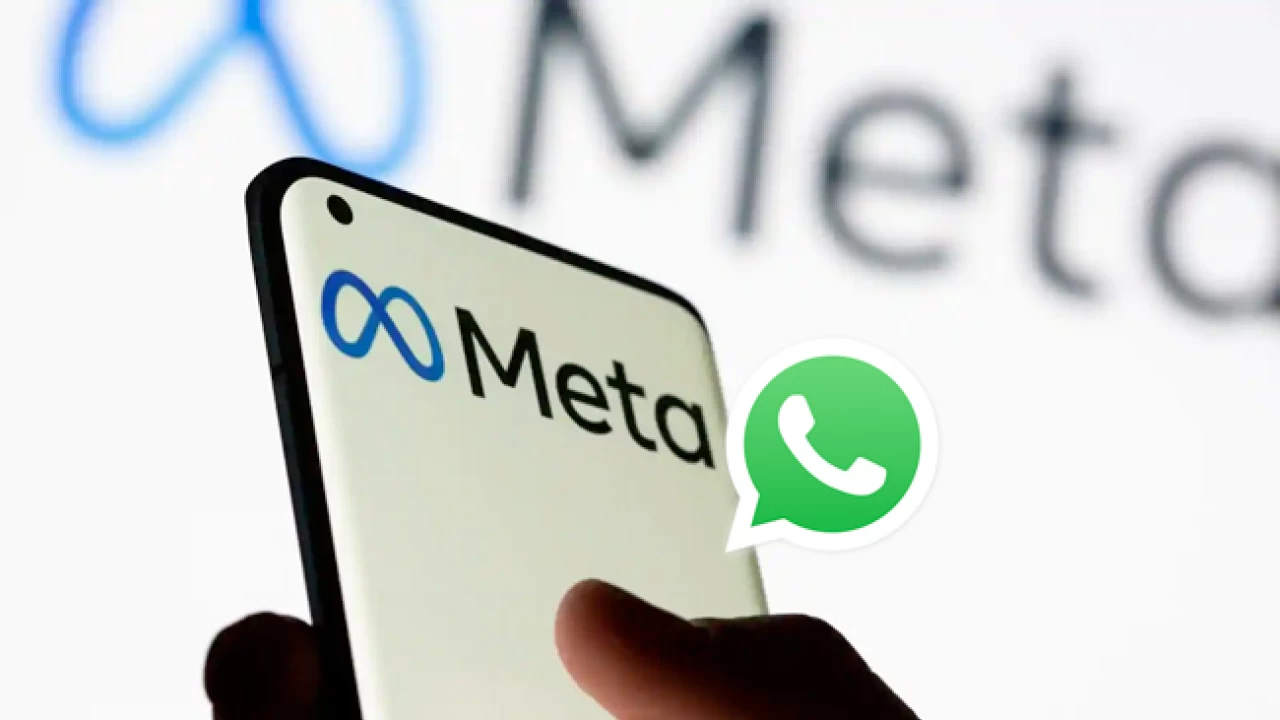Editorial
The Pakistani electronic media is often criticized for its low standards of professionalism, ethics, and quality. The Pakistan Electronic Media Regulatory Authority (PEMRA) is the principal body responsible for regulating and issuing licenses for private electronic media. However, PEMRA has been accused of being biased, ineffective, and politicized. PEMRA has failed to enforce its code of conduct, which prohibits the broadcast of content that is false, misleading, defamatory, obscene, or incites violence or hatred. PEMRA has also been selective in issuing notices, fines, and bans to media outlets that violate its rules and regulations. Moreover, PEMRA does not have jurisdiction over the state-owned media, which enjoy a monopoly over the airwaves and are often used as propaganda tools.
The private electronic media in Pakistan has grown rapidly since the liberalization of the sector in 2002. However, this growth has also led to increased competition and commercial pressures. Many media outlets resort to sensationalism, sensationalism, and tabloid journalism to attract viewers and advertisers. They often focus on trivial issues, scandals, rumours, and entertainment at the expense of serious and informative reporting. They also tend to exaggerate or fabricate news stories to create hype and controversy. Such practices undermine the credibility and responsibility of the media and mislead the public.
The Pakistani electronic media needs more qualified and trained journalists and media workers. Many media outlets hire inexperienced or uneducated staff who need to gain the skills and knowledge to produce quality content. They also need more resources and facilities to conduct proper research, verify, and edit their stories. Furthermore, many journalists and media workers do not adhere to the ethical standards and principles of journalism, such as accuracy, fairness, balance, objectivity, and public interest. They often display bias, prejudice, personal opinions, or political affiliations in their reporting. They also violate the privacy and dignity of individuals and groups by invading their personal lives or spreading false or malicious information about them.
The Pakistani electronic media faces various external influences and pressures that affect its independence and freedom. These include political interference, military influence, judicial activism, religious extremism, social norms, and security threats. The media is often coerced or co-opted by different actors to serve their interests or agendas. The media is also subject to censorship, intimidation, harassment, violence, and attacks by state or non-state actors who want to silence or manipulate them. According to the Committee to Protect Journalists (CPJ), Pakistan is one of the most dangerous countries for journalists in the world.
These are some of the factors that contribute to the low standards in Pakistani electronic media. There is a need for more effective regulation and oversight by PEMRA and other relevant authorities to improve the standards; more professional development and training for journalists and media workers are required; more adherence to ethical codes and journalistic values by media outlets may be encouraged; more protection and support for media freedom and safety by the government and civil society be ensured; and more awareness and education among the public about their rights and responsibilities as media consumers and citizens is the way forward.
Please, subscribe to the magazines of republicpolicy.com




















